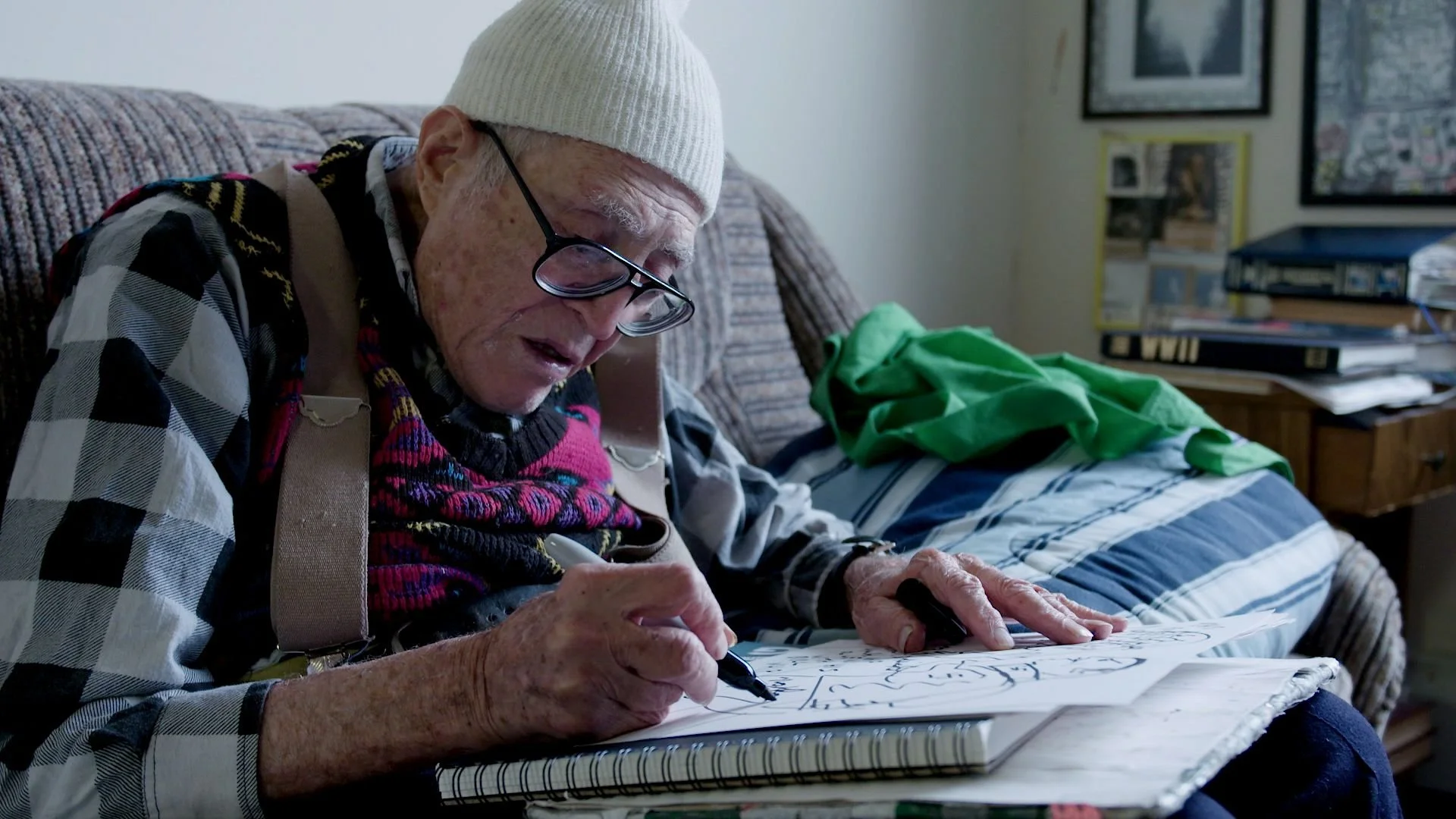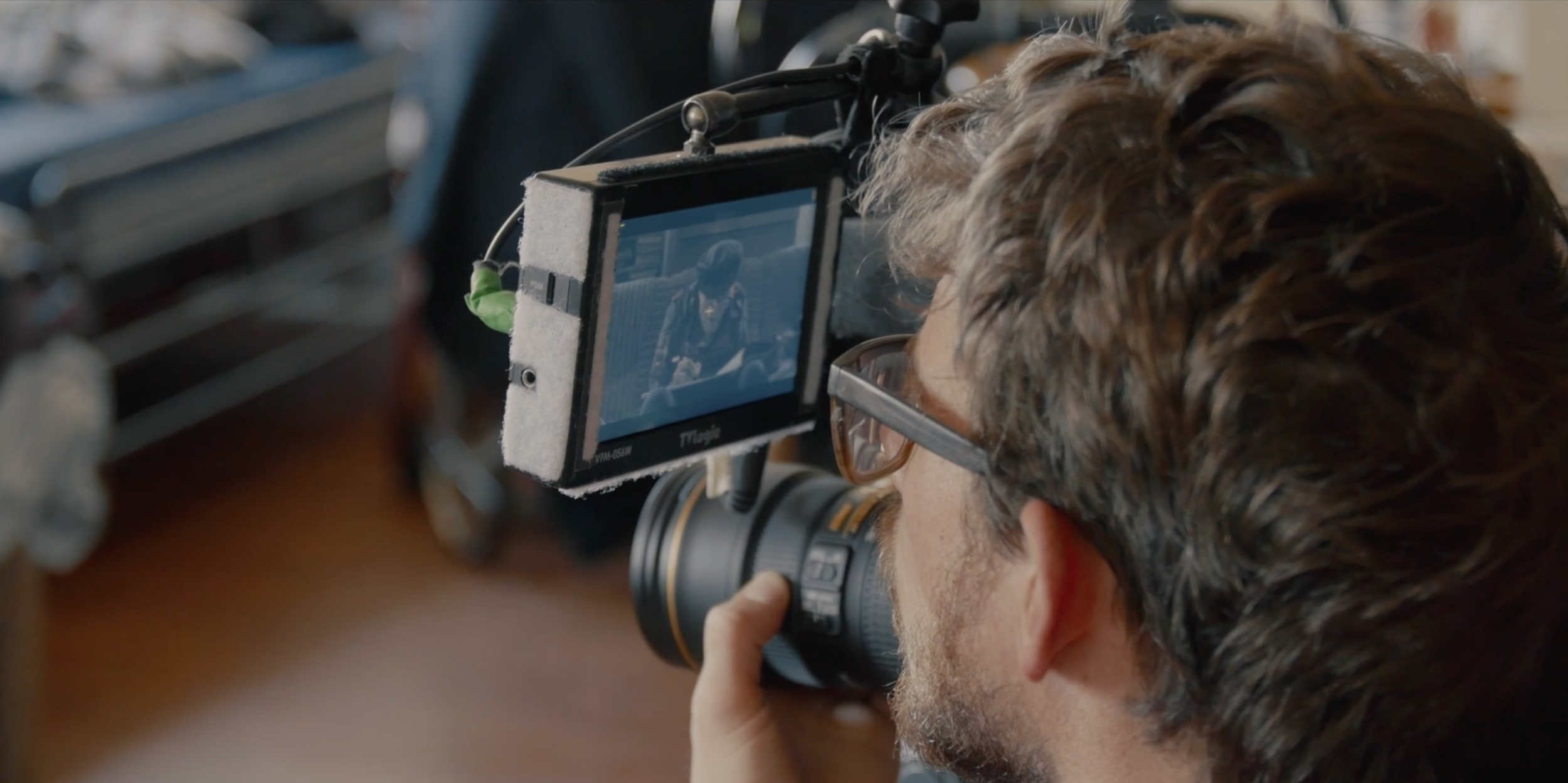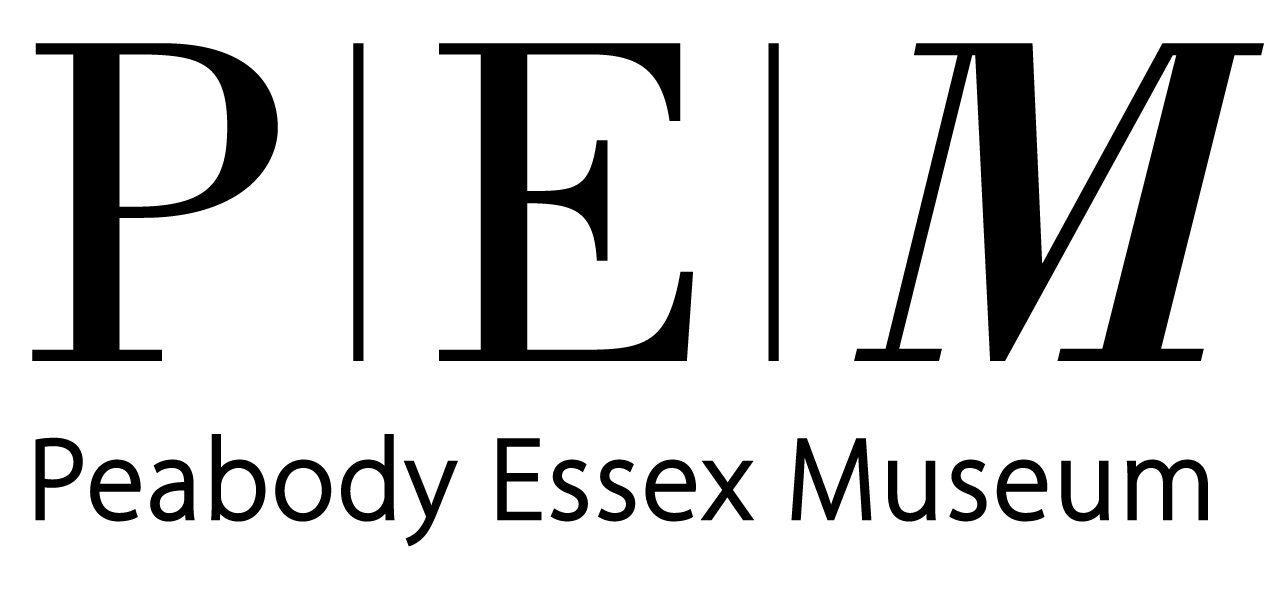This interview was edited for length and clarity.
After World War II, Nathan Hilu, a young Jewish soldier from New York, found himself in an unlikely position: guarding top Nazi officials during the Nuremberg Trials. Through his sketches and notes, Hilu captured a unique perspective on these historical figures and their crimes, a project he continued for decades. Elan Golod's documentary NATHAN-ISM delves into Hilu's legacy, examining how art can serve as both a personal record and a means to question historical narratives.
Bridie O’Connell, a Salem Film Fest 2024 organizer, had the opportunity to chat with Golod ahead of its Massachusetts premiere to learn more about the film.
Bridie O’Connell: What inspired you to create the film NATHAN-ISM?
Elan Golod: I had come across an article about an exhibition of Hilu’s work, and I was immediately captivated by the complexity of Nathan’s journey - A young Jewish man confronted with the perpetrators of the Holocaust, the details of which he was learning about in real time as the Nuremberg trials were unfolding. I was also quite intrigued by the cognitive dissonance in his artwork, which showcases heavy subject matter in a very vibrant, childlike style. This unique blend felt inherently cinematic and offered a fresh way of telling a story related to the Holocaust.
BO: What sets NATHAN-ISM apart from other films about the Holocaust and Nuremberg trials?
EG: Unlike many Holocaust films, Nathan-ism boldly delves into the subjective nature of memory, through Nathan Hilu’s story that navigates between truth and trauma, time and creativity. This film offers audiences the opportunity to witness a unique convergence of personal stories and historical realities. Nathan’s visual memoirs add some much needed color (literally and figuratively) to the discussion of Holocaust remembrance.
BO: What are some challenges you faced during the filmmaking process?
EG: While Nathan's charismatic persona enriched the narrative, it also presented challenges in the filmmaking process. As viewers probably can tell from the film, Nathan was not the easiest subject to direct. Our filming sessions were not typical interviews but resembled more of a "show-and-tell" experience, where Nathan enthusiastically unveiled the stories behind his latest drawings without allowing much space for probing questions. However, by selectively highlighting certain drawings for discussion, I managed to guide the dialogue towards the specific themes I aimed to explore.
BO: What do you hope audiences take away from viewing NATHAN-ISM?
EG: I think that especially at this pivotal moment when the last living witnesses from the WWII era are passing away, it is essential to discuss the challenges in stewarding history for the next generation. I recently had the honor of bringing the film and Nathan’s story full circle by screening the film inside Courtroom 600 in Nuremberg, where the Nazi criminals were brought to justice. This momentous occasion served as a poignant reminder of the weighty responsibility we bear in safeguarding our collective memory. I hope viewers take this film as an opportunity to examine the ways in which we can keep our stories alive, and the intrinsic value of listening to our elders.
BO: We’re excited to be the Massachusetts premiere of NATHAN-ISM. What else can you tell us about the film?
EG: I am currently busy promoting the film's impact campaign of community screenings and exhibitions of Nathan's artwork. We hope the film can spark conversations that deepen our understanding of history. My team and I are very excited to have the film's Massachusetts premiere at the Salem Film Fest and look forward to additional screenings in the area later this year, including at the Yiddish Book Center at Amherst. If anyone has particular venues where you would like to see the film showcased, please let us know at nathanism.film@gmail.com
In the meantime, I am working on a short documentary as a "palette cleanser" after working on Nathan-ism for so long. This new film is also arts-related and deals with some similar themes of legacy, but it is not connected to the Holocaust.
NATHAN-ISM screens in-person during Salem Film Fest at Cinema Salem on Friday, March 22 at 2:00pm. Tickets available here.






